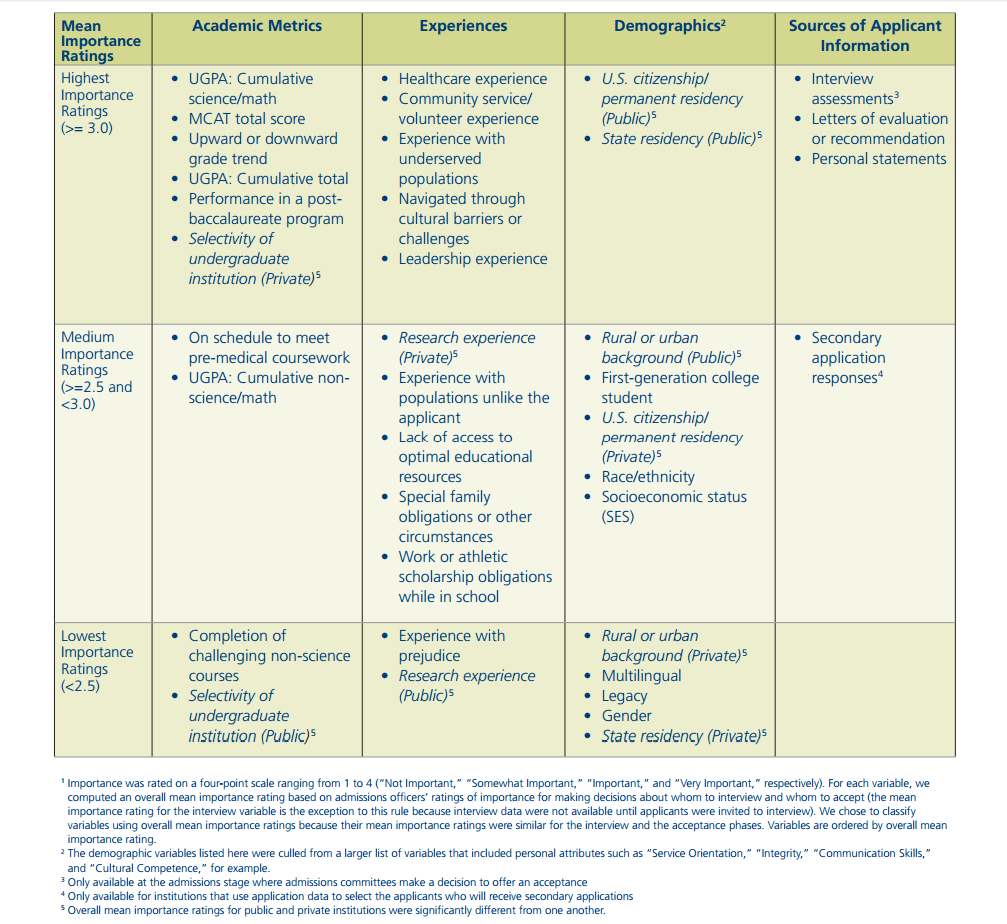- Joined
- Jan 5, 2016
- Messages
- 23
- Reaction score
- 17
I have been on my fair share of interviews, and it seems that all P/F students are really happy with that curriculum. Why not go that same direction for undergraduate education?
After all, GPA is a joke and MCAT is the great equalizer. I attend a top school famous for grade deflation. It is almost ridiculous that a 3.5 chemical engineer from a top program is seen as lazy compared to the 4.0 underwater basket weaving major from State Tech Agricultural U. And my undergrad routinely produces 35+ MCATs with corresponding Meh GPAs.
I know I would have been happier and more adventurous in college taking notoriously difficult classes, like particle physics and graduate math courses if I knew the rigor would be weighted against my premed buddies in pre-algebra.
After all, GPA is a joke and MCAT is the great equalizer. I attend a top school famous for grade deflation. It is almost ridiculous that a 3.5 chemical engineer from a top program is seen as lazy compared to the 4.0 underwater basket weaving major from State Tech Agricultural U. And my undergrad routinely produces 35+ MCATs with corresponding Meh GPAs.
I know I would have been happier and more adventurous in college taking notoriously difficult classes, like particle physics and graduate math courses if I knew the rigor would be weighted against my premed buddies in pre-algebra.

